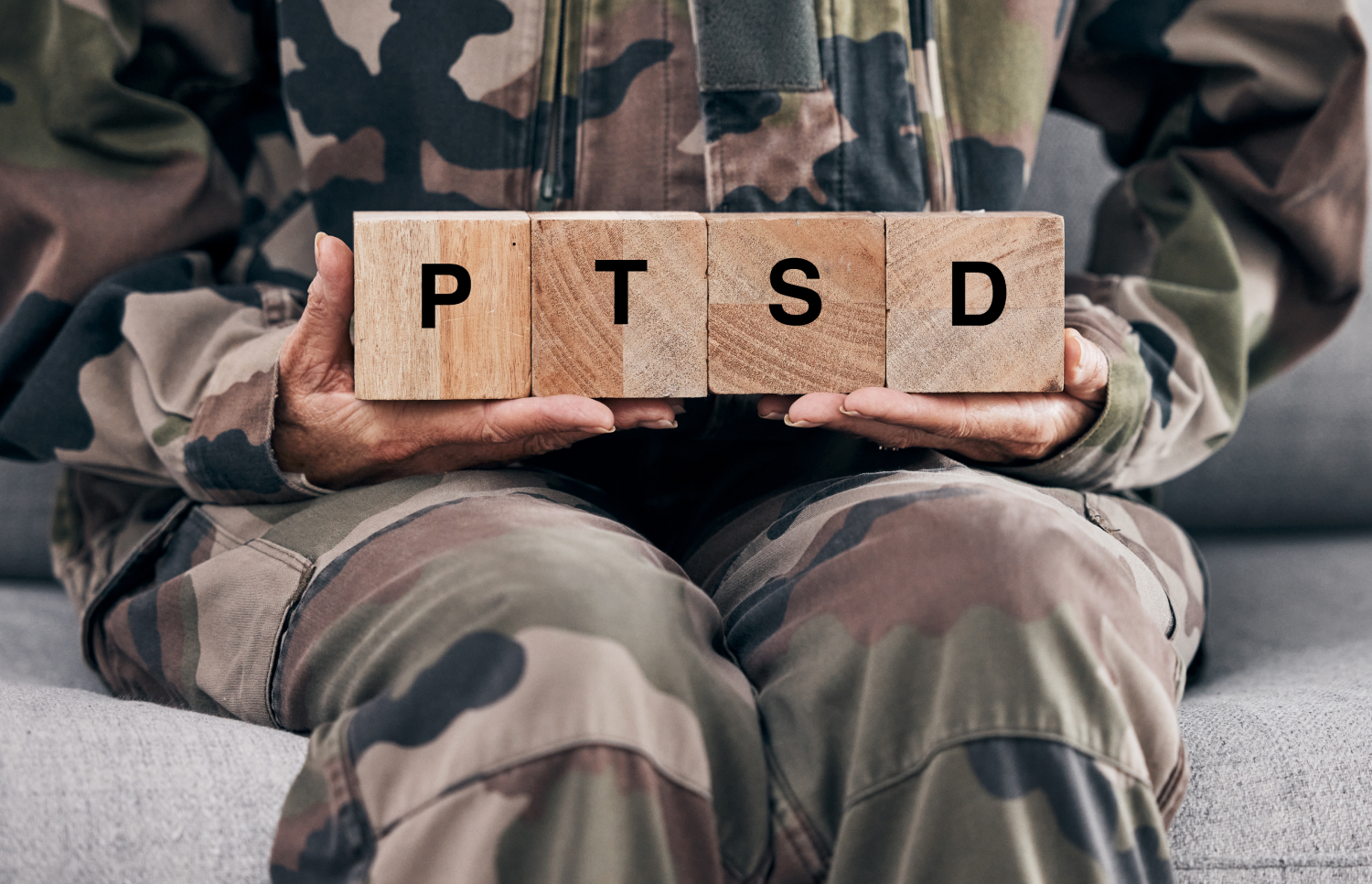
Many Veterans with post-traumatic stress disorder (PTSD) require intense care and assistance, even at home. Those Veterans with friends or family members willing to do their part may not have to hire someone they don’t know; they can instead rely on care through the VA Caregiver Program.
Also called the VA Caregiver Support Program (VCSO), the VCSP provides Veterans’ caregivers with additional tools and resources to continue providing necessary live-in assistance to America’s Veterans. Let’s examine what you need to know about the VA Caregiver Program for PTSD-afflicted Veterans.
The VA Caregiver Support Program (CSP) is a comprehensive program that provides clinical services to the caregivers of eligible and covered Veterans currently enrolled in the VA’s healthcare system. For example, if you provide medical and live-in support or assistance to an enrolled Veteran, you could qualify for the CSP.
The CSP’s ultimate goal is to guarantee and support the health and well-being of family caregivers. After all, those family caregivers sacrifice their time, energy, and more to support America’s Veterans. Through the VA CSP, you may find the online resources or monetary support you need to be the best caregiver possible.
VA caregivers for Veterans with PTSD face unique challenges. While physical disabilities can also be very tough to manage day-to-day, post-traumatic stress disorder (PTSD) is a mental condition that often comes with severe side effects or lifestyle changes.
PTSD is characterized by symptoms including but not limited to:
Some severe cases of PTSD disrupt Veterans’ abilities to maintain employment or perform the daily tasks they need to maintain their hygiene, safety, or living arrangements.
In these circumstances, they rely on a caregiver’s support, often a family member like a spouse, parent, or child. Those caregivers have to attend to the Veteran with PTSD and maintain all of their other daily and familial obligations.
Because of this, VA caregivers for Veterans with PTSD need to know about the Caregiver Support Program. This program can help you make the most of your current situation or manage your responsibilities more easily.
The VA Caregiver Support Program is broadly divided into two resources: the Program of General Caregiver Support Services (PGCSS) and the Program of Comprehensive Assistance for Family Caregivers PCAFC). Let’s take a closer look at each and what they include.
The PGCSS is the main component of the Caregiver Support Program. It includes various support resources that caregivers of Veterans with PTSD can take advantage of. To qualify, the Veteran must be enrolled in the VA healthcare system and receive assistance from a known, signed caregiver.
Under this program, a General Caregiver is any person who provides personal care services to a Veteran currently enrolled in VA healthcare. The Veteran must require assistance with activities of daily living or require protection or supervision based on their symptoms or residuals of neurological care from impairment or injury.
If you qualify for the PGCSS, you could take advantage of services like:
The PCAFC is a secondary program offered through the CSP. It offers additional clinical support and ancillary services for caregivers of certain eligible Veterans.
Caregivers are only eligible for the PCAFC if their Veteran is enrolled in VA healthcare, has suffered a serious injury or illness, and requires continual or frequent in-person personal care services.
The PCAFC provides additional resources to caregivers, such as:
With these resources, many caregivers may have less difficulty dealing with their responsibilities and supporting their loved ones.
While the above resources can be very helpful, it’s important to remember certain caregiving tips when you support a Veteran with PTSD.
Caregivers should expect physical and mental changes, such as physical reactions, difficulty falling asleep, recurring and intrusive thoughts, and flashbacks to the trigger or stressor event that caused or aggravated the Veteran’s PTSD. Caregivers should also be prepared for emotional changes in their family members. These emotional changes are often uncontrollable but may be treated with medication and therapy.
As a caregiver, you should expect a major change in your social and professional life.
For example, depending on the level of care and support you need to provide, you may need more time to hold down a job or work for as many hours as you did previously. That’s why it’s important to consider the responsibilities of being a primary caregiver carefully; in some situations, hiring an in-home caregiving assistant or nurse may be better.
In the long term, it’s crucial to encourage the Veteran you care for to seek mental health treatment. Individuals can rarely tackle PTSD alone. It’s much better to contact licensed physicians or therapists for mental health counseling support.
Over time, a Veteran can learn to manage their PTSD symptoms, especially in conjunction with strong therapy and prescription medication. With luck, you won’t need to care for your Veteran with PTSD in perpetuity.
Ultimately, the VA Caregiver Support Program can help you give your Veteran the live-in assistance they need to thrive. But it’s important to take care of yourself and not to stretch yourself too thin. Take advantage of the VA Caregiver Support resources whenever you need them.
Consider contacting Berry Law. Our knowledgeable attorneys can provide a variety of assistance. For example, we can help you sign up for the Caregiver Support program, or we can help you or your Veteran file a disability benefits application. Whatever you need, we can help, so contact us today.
Sources
Two Programs: What’s the Difference? | VA Caregiver Support Program
Program of General Caregiver Support Services (PGCSS) | VA.gov
Our monthly newsletter features about important and up-to-date veterans' law news, keeping you informed about the changes that matter.